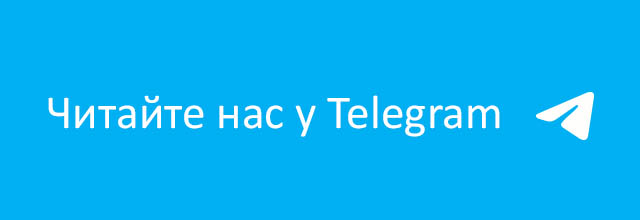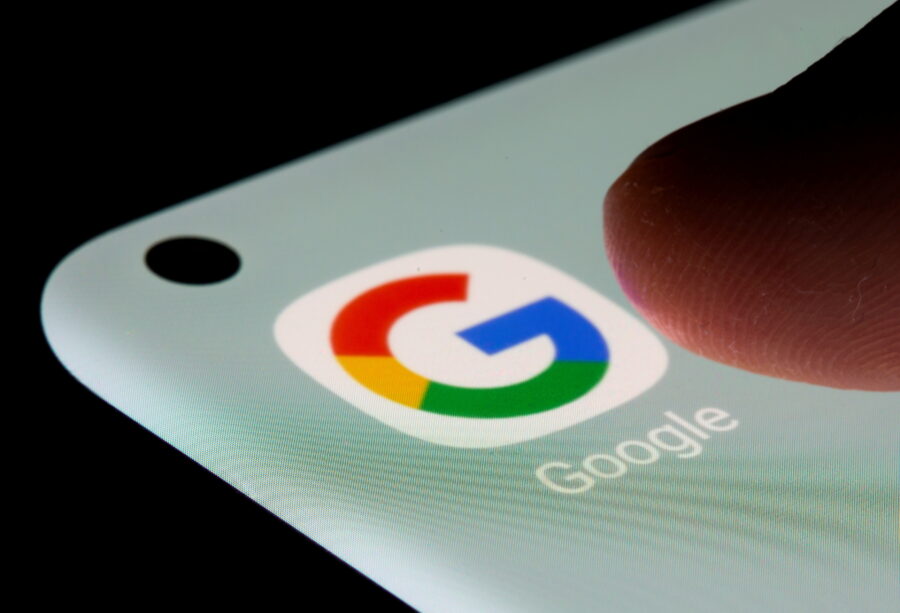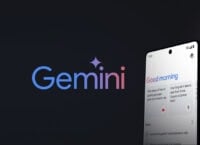Artificial intelligence will be a central theme at Google’s annual I/O developer conference on Wednesday, as the company plans to announce a number of generative AI updates, including the launch of a large general-purpose language model (LLM). This was reported by CNBC.
The company is preparing to introduce its newest and most advanced LLM, PaLM 2. It includes more than 100 languages and operates under the internal code name “Unified Language Model”. The model also includes a wide range of tests in coding and math, creative writing and analysis.
At the event, Google plans to make announcements on how AI is helping people reach their full potential, including “generative experiences” for Bard and Search. The company’s achievements will be presented by its CEO Sundar Pichai.
Google first announced the PaLM language model last April. This March, the company launched an API for PaLM, along with a range of enterprise AI tools designed to help companies generate text, images, code, video, audio, and more based on simple natural language prompts.
Google also said last month that its medical LLM, called “Med-PaLM 2,” can answer medical exam questions at the level of a medical expert – accurate 85 percent of the time.
Meanwhile, the tech giant plans to share Bard and Search’s achievements with “generative experiences,” including using Bard for coding, math, and logic, as well as expanding into Japanese and Korean languages. The company has been working on a series of more powerful Bard models and launched the tool as an experiment in early spring.
The company also worked on a multi-modal version called “Multi-Bard”. It uses a larger data set and solves complex math and coding programs. The company also tested versions called “Big Bard” and “Giant Bard”.
In addition, Google plans to expand the possibilities of its “artificial intelligence assistant in the workspace”, including discussing the creation of templates in tables and images in Slides and Meet. Additional updates include examples of using the Google Lens image recognition tool. The company will demonstrate progress in “multi-search” for camera and voice.
We will remind that Google is trying to accelerate growth in the period of intensifying competition in the field of artificial intelligence. Recently, the giant merged its two main research groups into a division called Google DeepMind, which should accelerate relevant research.





Loading comments …